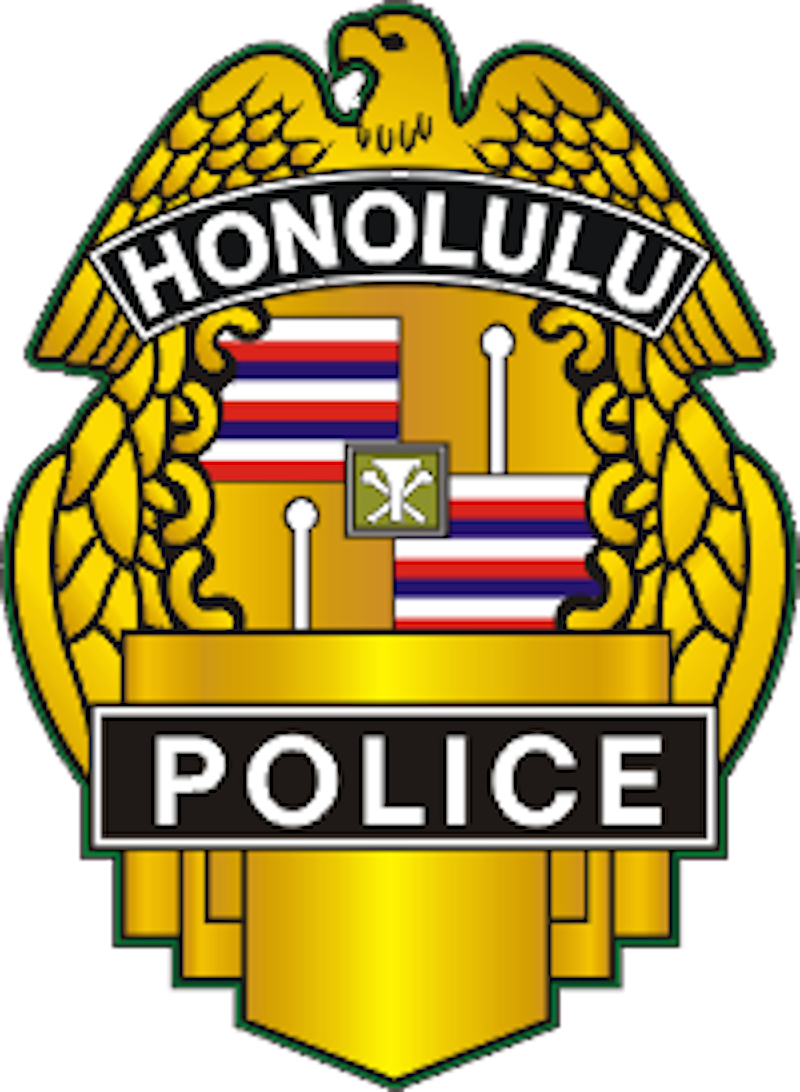Police executives (captains and above) shall interact with all
departmental elements and various community organizations in
order to better meet the objectives of the department’s mission.
DEPARTMENTAL INTERACTION
A. Daily Operations
Police executives, whether on or off duty and while in
the operation of their police subsidized vehicles,
shall be required to have all emergency-issued
equipment (siren, blue light, and so forth) available
for immediate use. Whenever possible in order to take
necessary action when circumstances arise, they shall:
respond to police calls and be properly equipped
to provide appropriate assistance in emergency
situations;
2. If applicable, observe the operations of their own
personnel in the field so they are aware of
current problems that affect their elements.
Periodically inspect all facilities, elements, and
police-related locales within their venue;
3. While observing these field operations, always be
mindful of how their elements’ functions might be
better applied to address these problems;
4. Ensure that the Standards of Conduct are being
followed;
5. Encourage the field officers to talk about their
problems and complaints;
6. Be a source of morale for the field officers by
interacting with them, explaining departmental
policy, and allowing them to voice their opinions;
and
7. Respond to hospitals in cases where employees or
officers are taken when injured.
B. National Disasters or Other Cases of Notoriety
Police executives are required to provide a subsidized,
emergency vehicle for expedient response to disaster
scenes or stations. In times of emergency, disaster,
or trauma, executives will coordinate different
departmental elements and relations with other
departments and agencies.
C. Other Functions
Police executives are encouraged to attend all
police-related functions that, include, but are not
limited to:
1. Police recruit graduations
2. Awards ceremonies;
3. Retirement functions;
4. Chief’s annual inspections of each element;
5. Activities of police support organizations;
6. Funerals of employees or their families; and
7 . Training sessions at designated sites.
COMMUNITY INTERACTION
A. Po1ice executives are encouraged to attend community
meetings in their own neighborhoods and in the
districts of their assignments. These meetings
include, but are not limited to:
1. Neighborhood board meetings;
2. Mayor’s town meetings;
3. Community association meetings;
4. Public hearings held at the neighborhood level;
and
5. Community policing meetings.
B. Police executives are encouraged to join community
groups and become actively involved with them.
